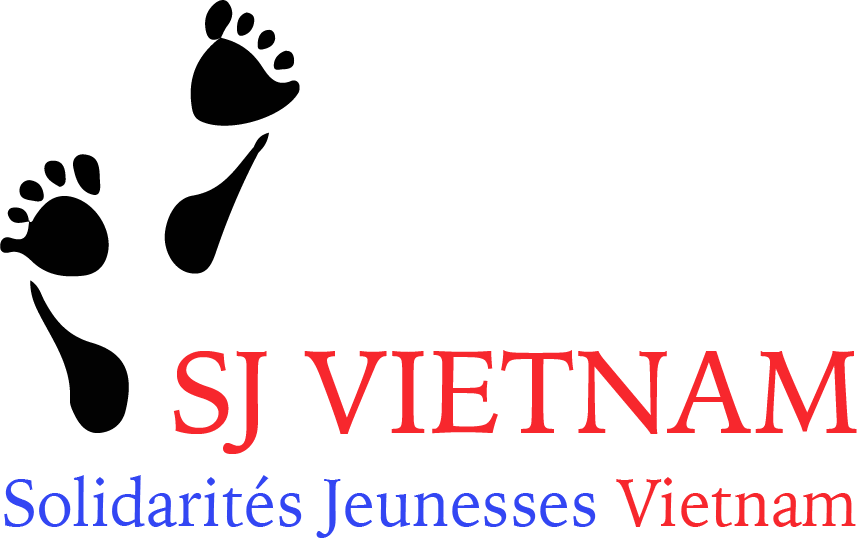The coordinator or leader is a local volunteer directly placed by SJ Vietnam staff to help organise the project in collaboration with the international volunteers. It is really important to note that the workcamp leaders are volunteers themself and are not paid. They are there to help the management of the workcamp but not to be translators, tourist guides or maids.
To subscribe, please send an email to
You can take your chance!
Local workcamp volunteers are from Vietnam, mainly from Hanoi, they are Vietnamese or expat people living in Vietnam (Belgium, Canada, Italy,Germany, Korea, Nicaragua, UK and USA).Our foreign workcamp and LTV volunteers come from everywhere in the world; our organization has hosted international volunteers from around the world including: Australia, France, Belgium, Canada, Croatia, Czech Republic, South Korea, Japan, Russia, Spain, Netherlands, USA, UK, etc.. The majority of our volunteers are students between 16 and 28 years old but also older people, couples and even famillies with babies! The average age of workcamp volunteers is around 23 years old and 60 % are women.
So far our Vietnamese volunteers are also travellers and you could meet them in Thailand, South Korea, France, Belgium, Indonesia, India, Indonesia, Italy, Japan, Germany, Russia, China, Czech Republic, Mexico, Spain, UK, USA… SJV volunteers are everywhere !
The common point between all these young and less young people is that all of them believe that it is possible to live together on this earth even if we are from different cultures and that each of us can change the world around us a little bit through concrete actions.
